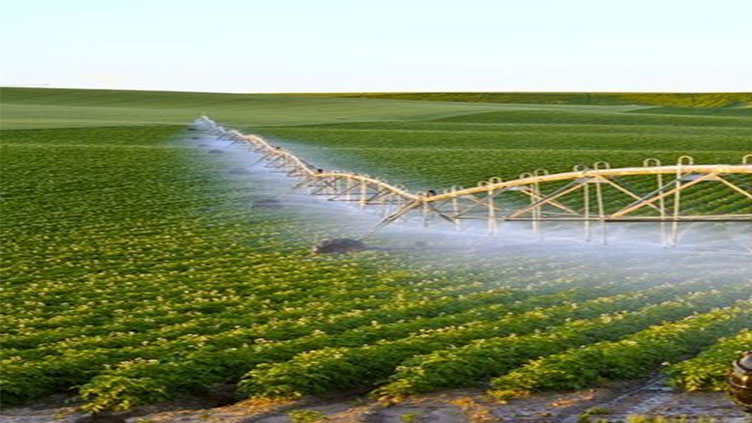Saudi Arabia pioneers the next era of food security innovation

Business
Saudi Arabia has made significant strides in bolstering its food security
RIYADH (Web Desk) - As the global population surges, securing a stable supply of food and water has become paramount for a sustainable future.
Saudi Arabia, ever at the forefront of change, places this challenger at the center of its sustainability initiatives.
Driven by government entities and small to medium-sized enterprises, Saudi Arabia’s food security landscape is experiencing notable transformations, with various stakeholders actively contributing.
“Over the past decade, Saudi Arabia has made significant strides in bolstering its food security,” Abdulaziz Al-Saud, CEO and co-founder of Barakah, a Saudi enterprise focused on reshaping the food security scene, told Arab News.
Al-Saud emphasized the Kingdom’s initiatives to diversify and localize food sources, reducing dependence on imports.
“This involves significant investments in agri-tech and the acquisition of overseas farmland,” he noted, adding: “Technological adoption has been equally central to this advancement.”
Al-Saud set out how modern agricultural techniques have been employed to enhance local production, minimize water wastage, and boost efficiency in the agricultural sector.
The significance of these efforts was underscored when the Kingdom’s General Authority for Statistics reported self-sufficiency in the production of dates, dairy products, and eggs in September.
These figures also revealed that Saudi Arabia produces more than enough of these three food items to meet local demand, meaning it has excess capacity for export.
Al-Saud also spotlighted the Kingdom’s commitment to addressing global food supply challenges, referencing the Ministry of Environment’s recent launch of a $10 billion action plan.
“The Kingdom also managed to reduce water usage for agricultural purposes by over 40 percent, addressing one of our key challenges – water scarcity,” he said.
“In 2022 alone, the agricultural sector witnessed a growth of 7.8 percent compared to the previous year, underscoring the positive impact of our food security strategies,” he added.
Sky Kurtz, CEO and founder of Pure Harvest Smart Farms — a leading UAE-based agri-tech enterprise — shed light on additional Saudi initiatives poised to redefine the future of food security.
“Saudi Arabia has been extremely proactive to advance food security, with both offensive and defensive policy measures,” Kurtz told Arab News.
“For example, the Kingdom imposed and has been raising import tariffs on various food products as a means of protecting domestic producers and improving their competitiveness for the local market,” he added.
He also referenced Saudi Arabia’s Agricultural Development Fund, which has implemented rigorous initiatives to fuel the sector’s advancement.
Being a main driver of economic prosperity, technological solutions have also played a significant role in addressing food security challenges.
Al-Saud explained that Saudi Arabia has invested heavily in precision agriculture, harnessing data analytics, drones, and Internet of Things to monitor crop health, manage irrigation, and control pests.
“This has resulted in enhanced yields and significant conservation of resources. The Kingdom’s turn to soil-less farming techniques like hydroponics and aquaponics enables food cultivation in controlled environments, dramatically conserving water and ensuring consistent production regardless of seasonal changes,” Al-Saud added.

